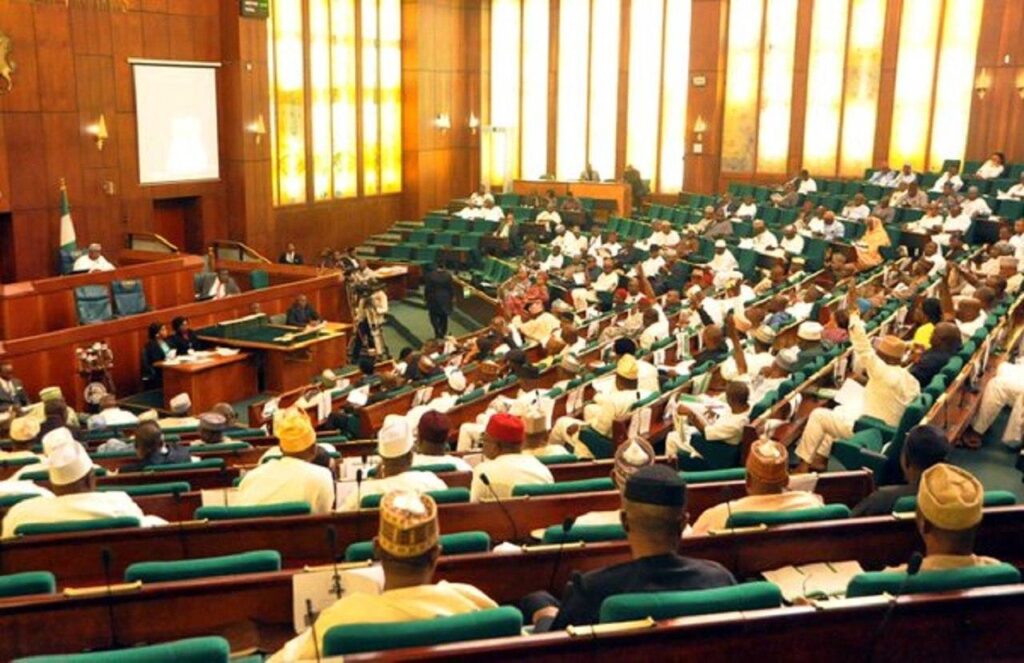The House of Representatives has urged the Ministry of Education to collaborate with the Ministry of Health to develop a mandatory drug testing program for secondary school students in Nigeria.
The initiative, proposed by Rep. Moshood Oshun (APC-Lagos), aims to tackle the growing issue of substance abuse among students. Oshun emphasized that the goal of mandatory drug testing is prevention and early intervention, rather than punishment.
During the session, Oshun highlighted the vulnerability of adolescents to societal influences, including peer pressure and socio-economic factors, which contribute to drug experimentation. He cited studies revealing alarming rates of substance abuse among students, with one in four aged between 15-19 years reported to be involved.
“According to studies, there is a notable prevalence of drug and substance abuse across secondary schools in Nigeria, with one in every four students aged between 15-19 years abusing substances,” Oshun said.
He noted that substances such as codeine-containing syrup and tramadol are particularly prevalent, surpassing cannabis in popularity among youths.
The proposed program, known as Random Student Drug Testing (RSDT), seeks to deter drug use by conducting routine and random tests. It aims to create awareness and deterrence, discouraging students from engaging in substance abuse.
In addition to advocating for mandatory drug testing, the House called upon the National Orientation Agency and the National Drug Law Enforcement Agency (NDLEA) to intensify awareness campaigns on substance abuse among secondary school students nationwide.
“To address the rising cost of pharmaceuticals, we are taking decisive action to curb this issue,” Oshun said. He further emphasized that “our mid to long-term goal involves the domestication of imported drugs within the next three years, in collaboration with the trade ministry.”
To ensure effective implementation, the House directed its Committees on Basic Education and Services and Healthcare Services to oversee compliance and report back within four weeks for further legislative action.


